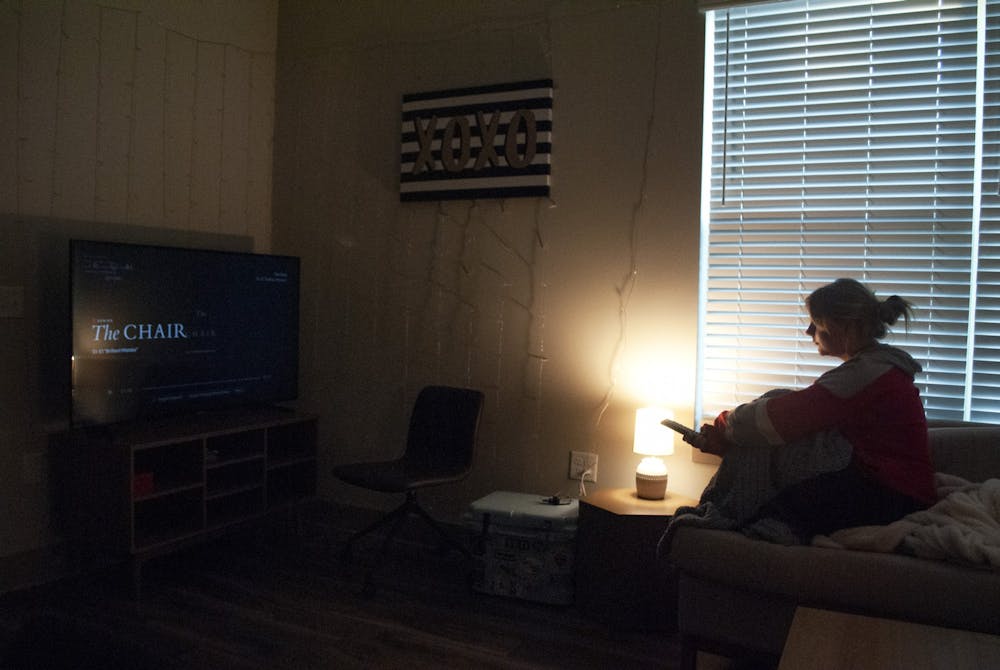Beyond mentions of "RateMyProfessors.com" and “clusterfucks,” Netflix’s new dramedy “The Chair,” draws strong parallels to UNC’s current campus climate. Additionally, it highlights the inequities within academia through its satirization of the higher education system.
This six-part series is set at Pembroke University, a fictional small Ivy League university with big issues.
In the show, Yaz McKay (Nana Mensah), a progressive Black female scholar, and new hire in the English department, describes Pembroke as a university “seeded by benefactors who got rich in sugar, cotton and from the railroads, from the backs of blacks and yellow people.”
Does that sound familiar?
At the center of this series is Professor Ji-Yoon Kim (Sandra Oh), the chair of Pembroke’s dying English department. Kim notes that 87 percent of Pembroke’s faculty is white. This statistic hardly challenges our own University's makeup, with 72.5 percent of the faculty at UNC being white.
Apart from the lack of BIPOC representation at the university, Kim must also combat low departmental enrollment rates, budget cuts, faculty who refuse to evolve their teaching styles and a conservative, white-male dominated administration.
As one of the two women of color faculty within this department, her first priority in reviving the English department is offering a Distinguished Lectureship to McKay, who is in the process of seeking tenure.
McKay offers a fresh, new approach to course content, making her classroom enrollment rates among the highest in the department, and her qualifications exceed her counterparts. Yet, she is still not seen as a viable candidate for tenure or the Distinguished Lectureship.
During a meeting with the dean of the English department, Kim announces McKay as her selection for the Distinguished Lectureship. However, she was soon blindsided as the dean revealed a selection of his own for the position — David Duchovny (playing himself), an under-qualified celebrity seeking to use the university’s status as fuel for his doctorate degree.



